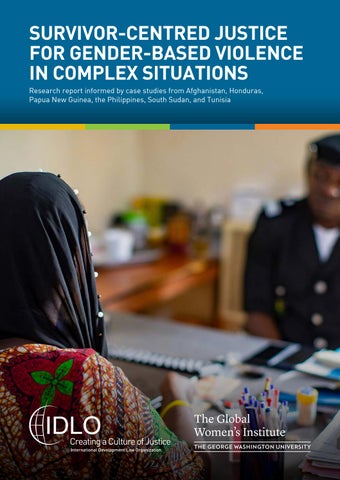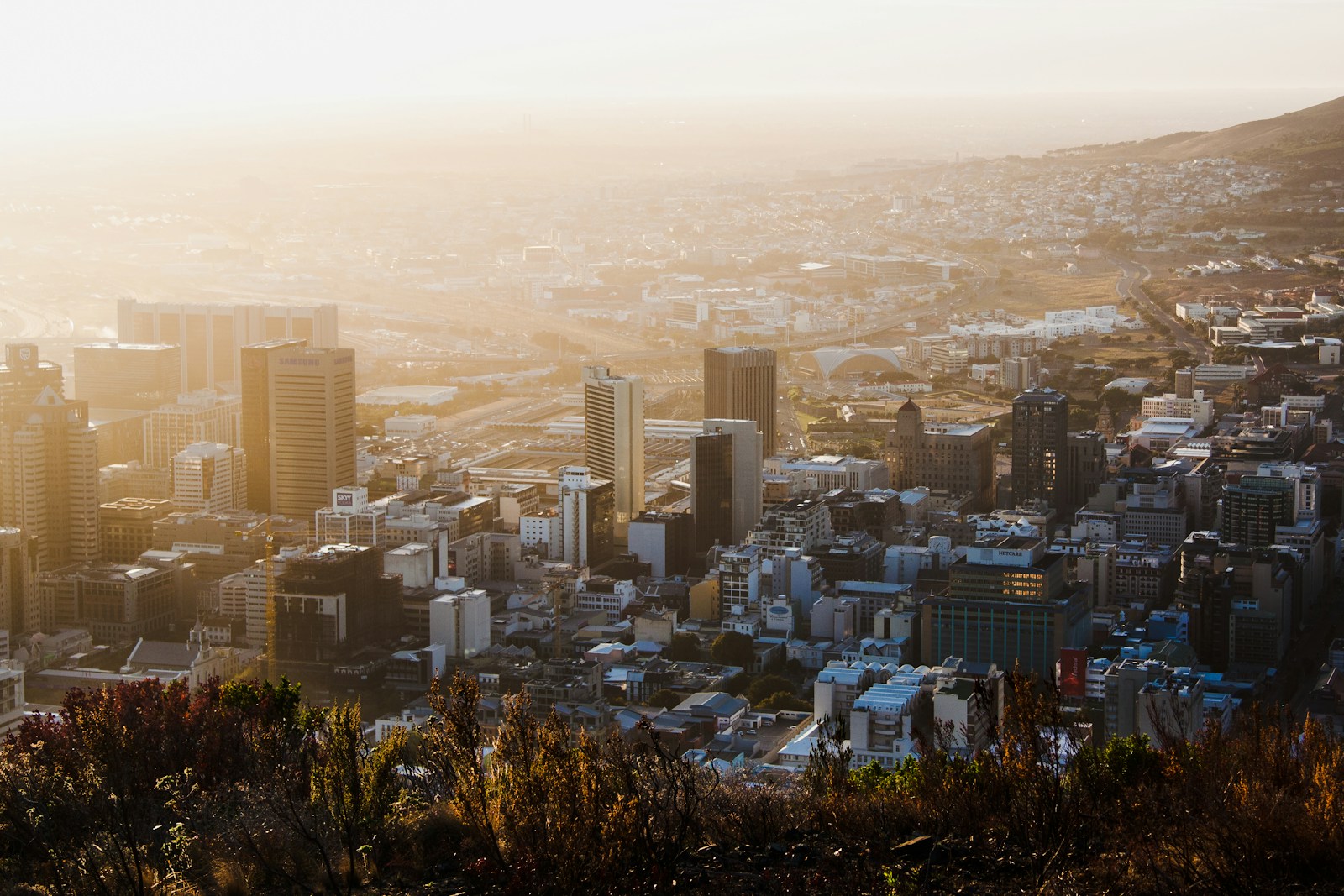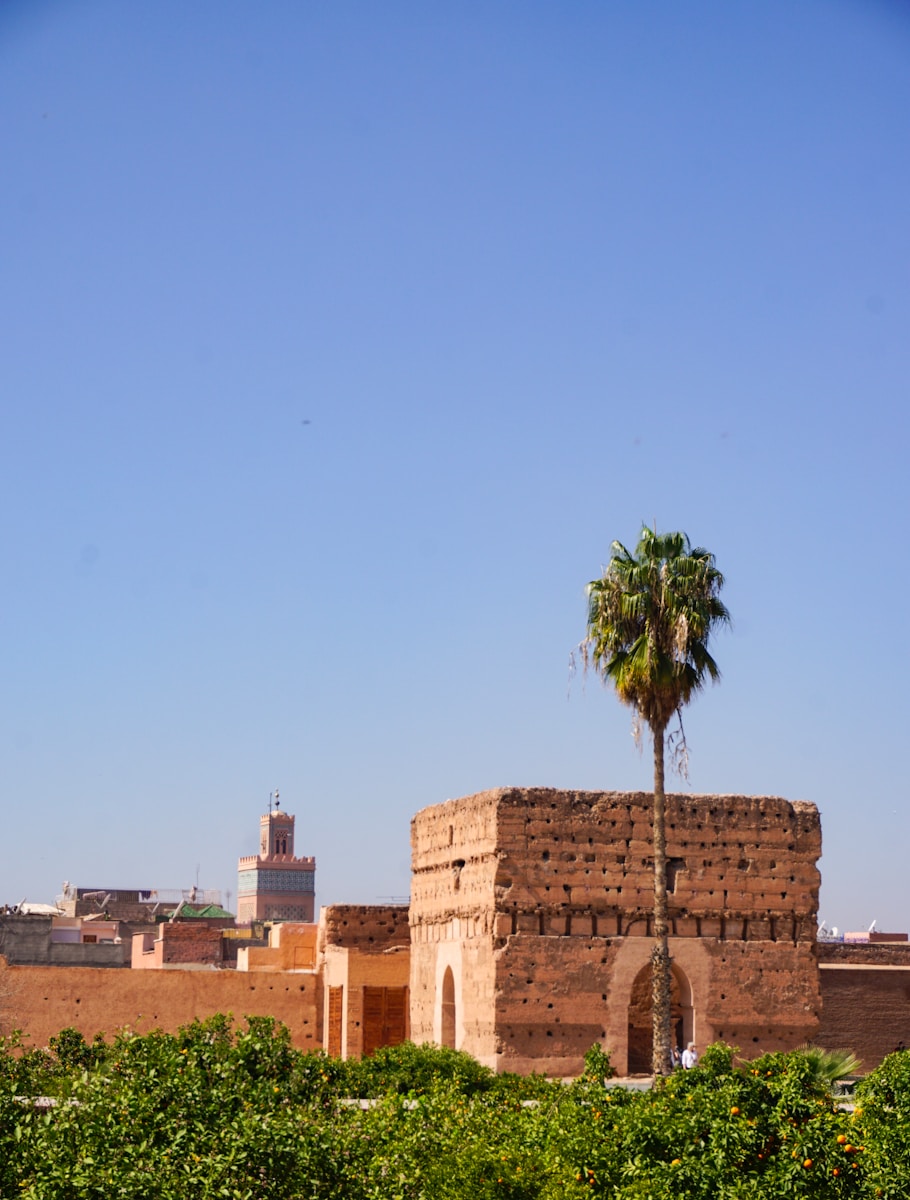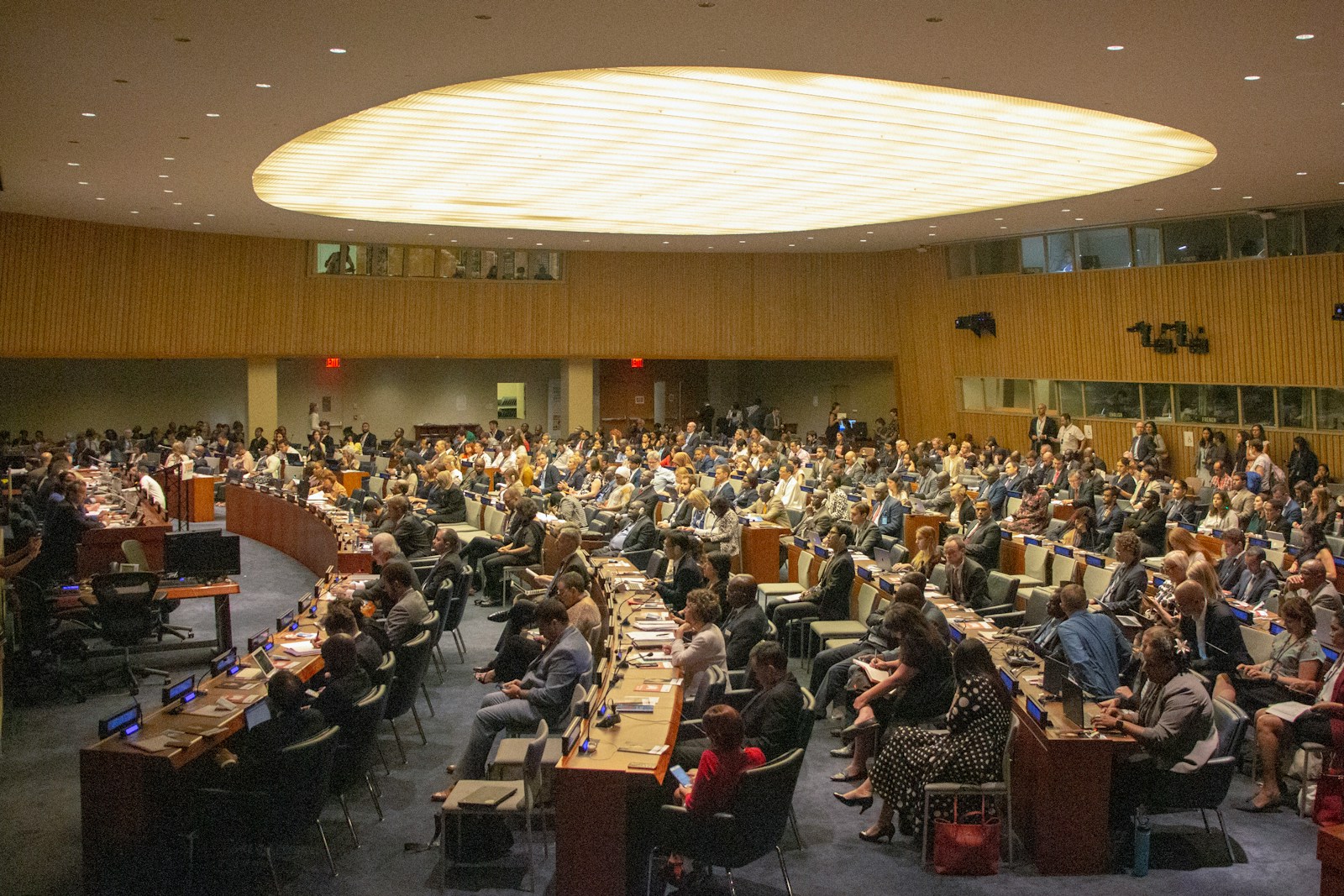Urgent Support Needed for Sudan’s Women Survivors of Sexual Violence
Urgent Support Needed for Sudan’s Women Survivors of Sexual Violence
On 15 April 2023 — the day Sudan’s civil war began — frontline human rights monitors received their first reports of sexual violence. In one case, paramilitary fighters from the Rapid Support Forces (RSF) violently entered a residential home and raped a woman. Her screams drew neighbors, and while those perpetrators fled, the attacks persisted: two additional women in the same neighborhood were gang‑raped in their homes within hours.
The Scale and Impact of the Crisis
Local women’s groups such as the Strategic Initiative for Women in the Horn of Africa (SIHA) have since documented hundreds of cases across Sudan. As of May 2025, Sudan’s government record shows 1,385 documented rapes in RSF‑controlled areas — including 204 children :contentReference[oaicite:1]{index=1}. UNICEF reports 221 cases of child rape since early 2024, involving even infants as young as one year old :contentReference[oaicite:2]{index=2}.
According to a UN expert, over 70 percent of incidents have been attributed to RSF fighters, who systematically use sexual violence as a fear tactic and means of ethnic repression :contentReference[oaicite:3]{index=3}. Human Rights Watch and Amnesty International have described RSF assaults as war crimes and crimes against humanity, including gang rape, sexual slavery, torture, and forced marriage :contentReference[oaicite:4]{index=4}.
Where Violence Is Most Acute
Darfur—especially South and West Darfur—and Al-Jazirah, Khartoum, Blue and White Nile states are epicentres of sexual violence. In South Darfur alone, MSF provided care to 659 survivors between January 2024 and March 2025, with 94 percent of cases involving women and girls and 15 percent aged 5‑14 :contentReference[oaicite:5]{index=5}. Schools in those regions remain closed or inaccessible to survivors due to stigma and fear.
Humanitarian Gaps and Survivor Needs
Despite urgent needs, the international response remains fragmented. Most funding is channelled through large agencies, leaving grassroots women’s groups under-resourced. Mental health services are largely unavailable; forced pregnancy is rising; surgical and obstetric care is scarce; and maternal and neonatal mortality rates are climbing.
UNFPA reports that while its 2025 appeal requested $145.7 million, only 27 percent has been funded so far — leaving over $105 million unmet. As a result, many clinics have shut down and lifesaving services are at risk :contentReference[oaicite:6]{index=6}.
Emerging Abuses and Collapse of Justice
As RSF loses ground, Sudanese military intelligence has increasingly prosecuted women and girls — including survivors and activists — under counter‑terror legislation, accusing them of collaboration. Several have endured sexual harassment in interrogation and at least five death sentences were handed down, two of which were later overturned thanks to local legal defenders :contentReference[oaicite:7]{index=7}.
Local justice infrastructure is collapsing: courts, police stations, and traditional mechanisms are nonexistent in many areas, forcing communities toward risky informal accountability systems.
Frontline Women’s Groups under Strain
Grassroots women’s organisations and volunteer responders have been indispensable—providing documentation, counselling, legal aid, communal meals, education for children, and reporting to international bodies. But they lack stable funding; many staff are unpaid or working in dangerous conditions. Their courage and resilience have unveiled the crisis to the world.
The thousands of displaced internally (~10 million) and refugees (~4 million) since April 2023 are disproportionately women and girls, deepening the need for targeted assistance :contentReference[oaicite:8]{index=8}.
Call to Action
- Scale up direct funding for Sudanese women‑led organisations providing healthcare, counselling, legal support, and documentation.
- Expand access to sexual and reproductive healthcare, including post‑rape care, emergency obstetric services and dignity kits.
- Support survivors’ mental health through psychosocial counselling and safe spaces.
- Back legal defenders and rebuild judiciary mechanisms to deliver justice and accountability.
- Pressure international actors to stop weapon flows to RSF and support ICC prosecution efforts for war crimes in Darfur :contentReference[oaicite:9]{index=9}.
Why It Matters
Sudanese women are not only among the victims—they are agents of resilience and peace. They smuggle food and medicine into besieged areas, run community kitchens and education projects, document atrocities, and demand justice. Investing in their leadership is not only morally imperative—it is foundational to Sudan’s survival and future stability.
This post draws on field reporting, the latest UN and NGO data, and direct testimony to provide an updated and SEO‑friendly perspective on the crisis. If you’re interested in learning more about on‑the‑ground efforts or how to support specific initiatives, contact leading organisations such as SIHA, UNFPA Sudan, and Human Rights Watch.

- UNFPA Sudan Situation Report #20, May 2025
- Amnesty International on RSF sexual violence
- HRW: Khartoum is not Safe for Women
Urgent Support Needed for Sudan’s Women Survivors of Sexual Violence
Urgent Support Needed for Sudan’s Women Survivors of Sexual Violence
The crisis began on 15 April 2023, when Rapid Support Forces (RSF) fighters raped a woman in her own home—the first in a wave of sexual violence unfolding alongside Sudan’s civil war.
The Scale of the Crisis
Médecins Sans Frontières (MSF) treated 659 survivors of sexual violence in South Darfur from January 2024 to March 2025 :contentReference[oaicite:8]{index=8}. Among them, 86 % were raped, 94 % were women or girls, with 31 % under 18 years old—including 7 % under 10 and 2.6 % under 5 :contentReference[oaicite:9]{index=9}.
Humanitarian Shortfalls
UNFPA’s 2025 appeal for Sudan sought $145.7 million, but only 27 % has been funded :contentReference[oaicite:10]{index=10}, threatening the collapse of essential healthcare and support services.
Where Violence Hits Hardest
Darfur remains the epicenter, with survivors reporting attacks while fleeing, working, collecting food or household needs. Perpetrators include RSF, allied militias, and other fighters. Communities previously protected by peacekeepers—such as UN‑AU forces—are dangerously exposed since those missions ended :contentReference[oaicite:11]{index=11}.
Systemic Abuses & Collapse of Justice
Sexual violence is used systematically by RSF as a weapon of war. The disintegration of Sudan’s justice infrastructure has resulted in prosecutions of survivors under counter‑terror laws and blocked access to legal recourse.
Local Groups Under Strain
Women-led organizations like SIHA and MSF-run community clinics offer vital services—medical, legal, psychological, and educational. Yet underfunded and overstretched, they bear the burden of this crisis.
What Needs to Be Done
- Direct, sustained funding for local women’s groups providing on‑the‑ground services.
- Expand access to sexual and reproductive healthcare including post‑rape care and emergency obstetrics.
- Invest in mental health services and safe spaces for survivors.
- Strengthen legal frameworks and grassroots justice initiatives to ensure accountability.
- International pressure to curtail arms flows to RSF and support ICC prosecutions.
Why It Matters
Sudanese women are not just victims—they are leaders, peacebuilders, and pillars of their communities. Empowering them is vital for Sudan’s recovery and sustainable future.
For more info or to support these efforts, contact SIHA, UNFPA Sudan, or MSF.

Further resources:
Crisis Deepens: Urgent Support Needed for Women Survivors of Sexual Violence in Sudan
Crisis Deepens: Urgent Support Needed for Women Survivors of Sexual Violence in Sudan
The crisis began on 15 April 2023, when Rapid Support Forces (RSF) fighters raped a woman in her own home—the first in a wave of sexual violence unfolding alongside Sudan’s civil war.
The Scale of the Crisis
Médecins Sans Frontières (MSF) treated 659 survivors of sexual violence in South Darfur from January 2024 to March 2025. Among them, 86 % were raped, 94 % were women or girls, and 31 % were minors—including 7 % under 10 and 2.6 % under 5.
Humanitarian Shortfalls
UNFPA’s 2025 appeal for Sudan sought $145.7 million, but only 27 % has been funded, threatening the collapse of essential healthcare and support services.
Where Violence Hits Hardest
Darfur remains the epicenter, with survivors reporting attacks while fleeing, working, collecting food or household needs. Perpetrators include RSF, allied militias, and other fighters. Communities previously protected by peacekeepers are dangerously exposed since those missions ended.
Systemic Abuses & Collapse of Justice
Sexual violence is used systematically by RSF as a weapon of war. The disintegration of Sudan’s justice infrastructure has resulted in prosecutions of survivors under counter‑terror laws and blocked access to legal recourse.
Local Groups Under Strain
Women-led organizations like SIHA and MSF-run clinics offer vital services—medical, legal, psychological, and educational. Yet underfunded and overstretched, they bear the burden of this crisis.
What Needs to Be Done
- Direct, sustained funding for local women’s groups providing on‑the‑ground services.
- Expand access to sexual and reproductive healthcare including post‑rape care and emergency obstetrics.
- Invest in mental health services and safe spaces for survivors.
- Strengthen legal frameworks and grassroots justice initiatives to ensure accountability.
- International pressure to curtail arms flows to RSF and support ICC prosecutions.
Why It Matters
Sudanese women are not just victims—they are leaders, peacebuilders, and pillars of their communities. Empowering them is vital for Sudan’s recovery and sustainable future.
For more info or to support these efforts, contact SIHA, UNFPA Sudan, or MSF.

Further resources:




